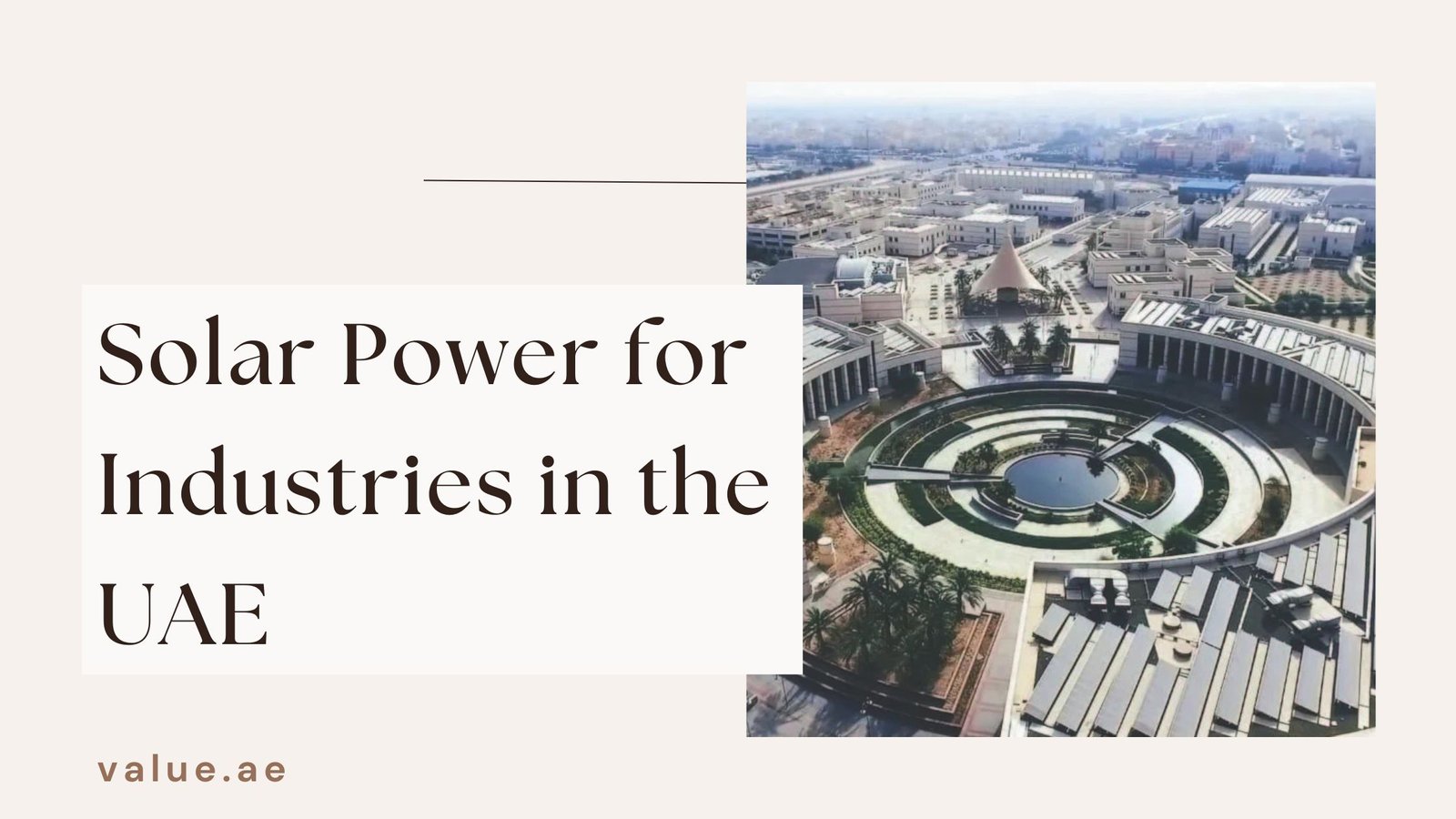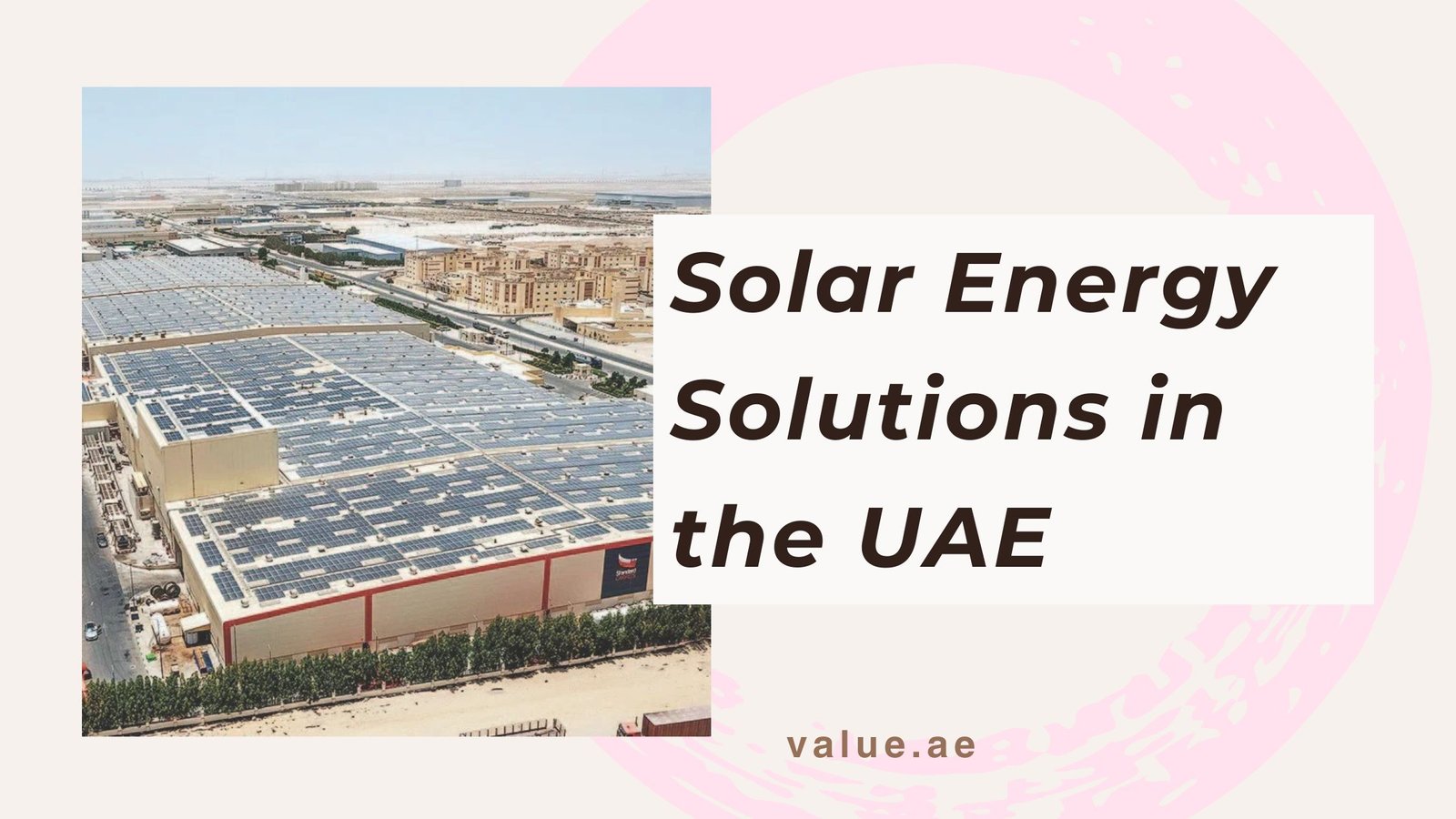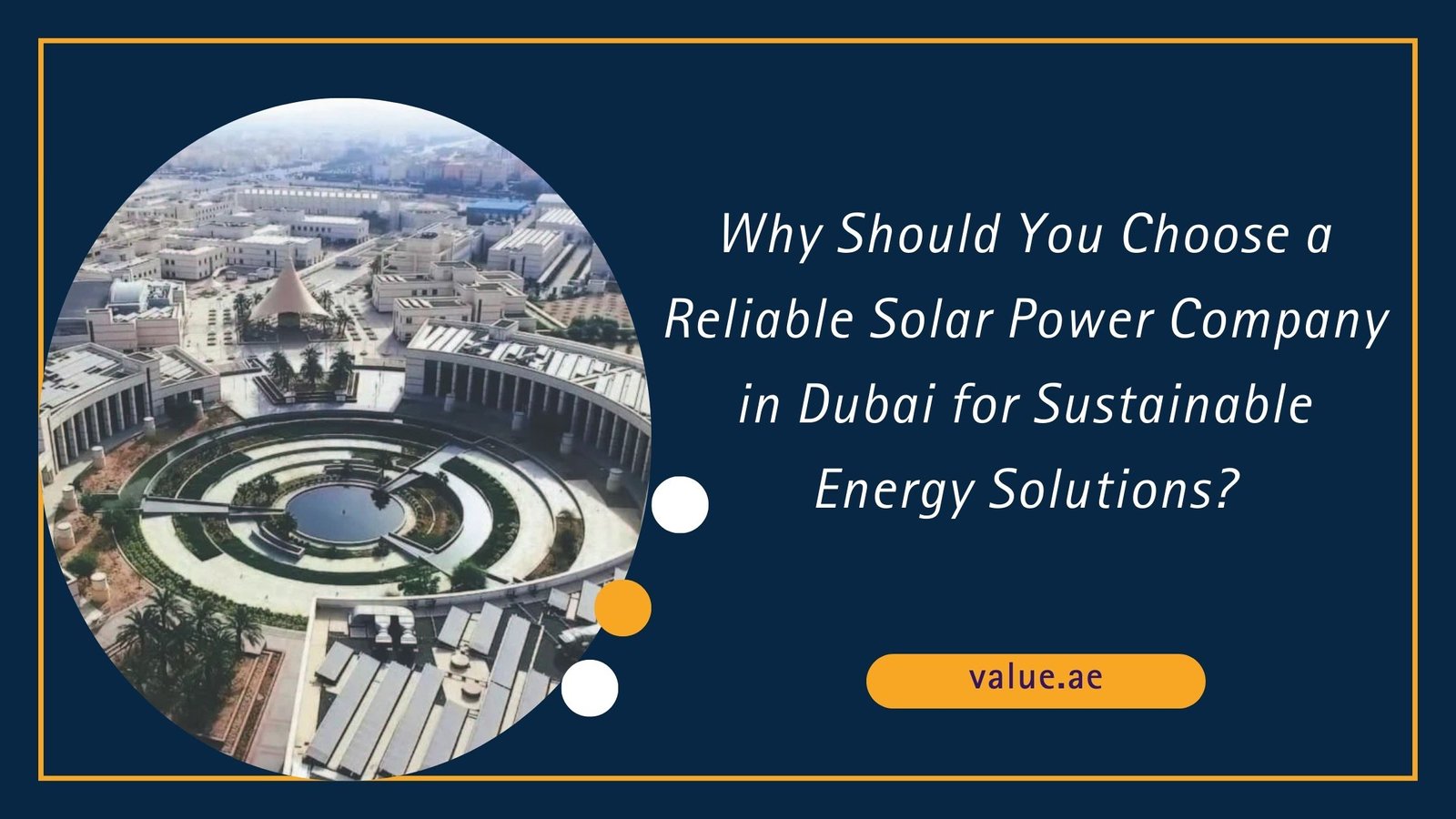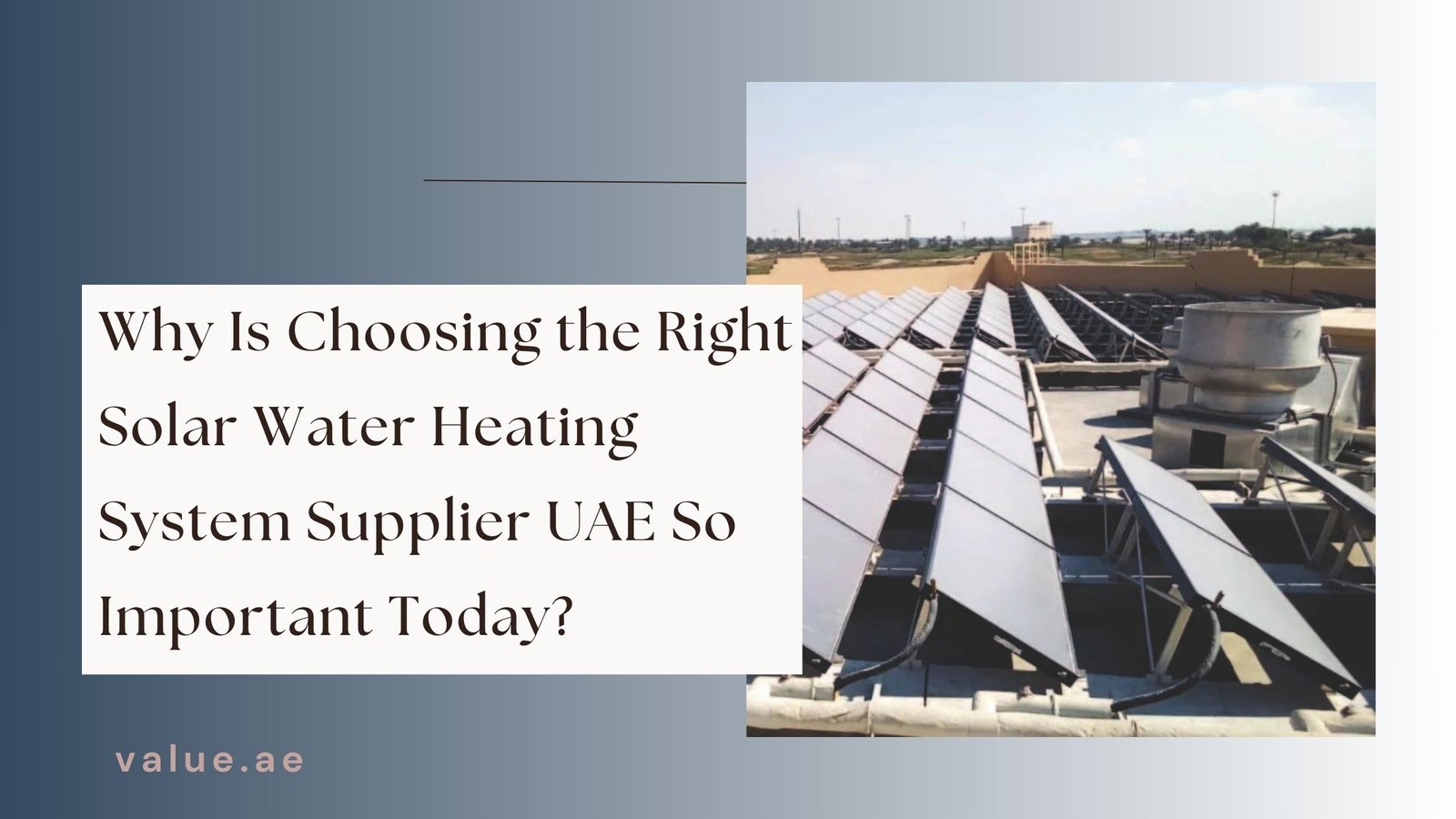
Revolutionizing Solar Energy in the Mena Region
As the growing concern about the environment is creating awareness among people, Solar Energy Company in Dubai is also in demand. The Middle East and North Africa(MENA) regions are leading the way in Solar energy innovation due to large sunlight and growing sustainability. In this blog, we will discuss how the MENA region needs solar energy so much to procure their life.
The Unmatched Potential of Solar Energy in MENA
The MENA region is one of the sunniest places on Earth, with the sun shining nearly every day of the year. Countries like Saudi Arabia, Egypt, Morocco, and the United Arab Emirates (UAE) benefit from some of the highest levels of solar irradiance, making them ideal locations for harnessing solar power. In fact, the region receives more than 2,000 hours of sunlight annually, which translates into an enormous opportunity for solar energy generation.
According to the International Renewable Energy Agency (IRENA), the MENA region has the potential to generate more than 8,000 gigawatts of solar energy, and that is why industries of Solar water heating systems in Dubai raise their production to export.
Economic Diversification and Job Creation
MENA countries have long been heavily dependent on oil and gas exports for their economic prosperity. However, the volatility of oil prices and the global push for cleaner energy sources has prompted many governments in the region to invest heavily in renewable energy, particularly solar power, to diversify their economies. This shift is not just about reducing carbon footprints but also about creating a sustainable economic future beyond fossil fuels.
For instance, Saudi Arabia, the world’s largest oil exporter, has launched its Vision 2030 plan, which includes a significant commitment to renewable energy. Under this plan, the country aims to generate 50% of its energy from renewable sources, including solar, by 2030. In the UAE, the Dubai Clean Energy Strategy 2050 has set an ambitious target to make Dubai the city with the lowest carbon footprint in the world. These efforts are not only improving energy security but also fostering economic diversification by creating new industries, businesses, and opportunities in the solar energy sector.
Solar Power as a Solution to Energy Security
MENA countries face significant energy challenges, including the need to meet the rising demand for electricity due to population growth, urbanization, and industrialization. Many countries in the region, despite being rich in fossil fuels, still face energy insecurity because of the reliance on imported fuels, aging infrastructure, and the environmental impacts of conventional energy sources.
Future of Solar Energy in MENA
Looking to the future, the role of solar energy in the MENA region is expected to grow even more significantly. As technology continues to advance and costs continue to decrease, solar power will become more accessible to a wider range of consumers, businesses, and governments. Energy storage solutions, such as battery technology, are also improving, which will help address the intermittency issues of solar power and ensure a stable supply of electricity even when the sun isn’t shining. In UAE, most LED lighting manufacturers in UAE advise using lights that can be recycled and run with solar energy that consumes electricity.
Conclusion
Solar energy is revolutionizing the MENA region, providing solutions to energy security, environmental sustainability, and economic diversification. With abundant sunlight, innovative technology, and strong government support, MENA countries are harnessing the power of the sun to build a sustainable future.







